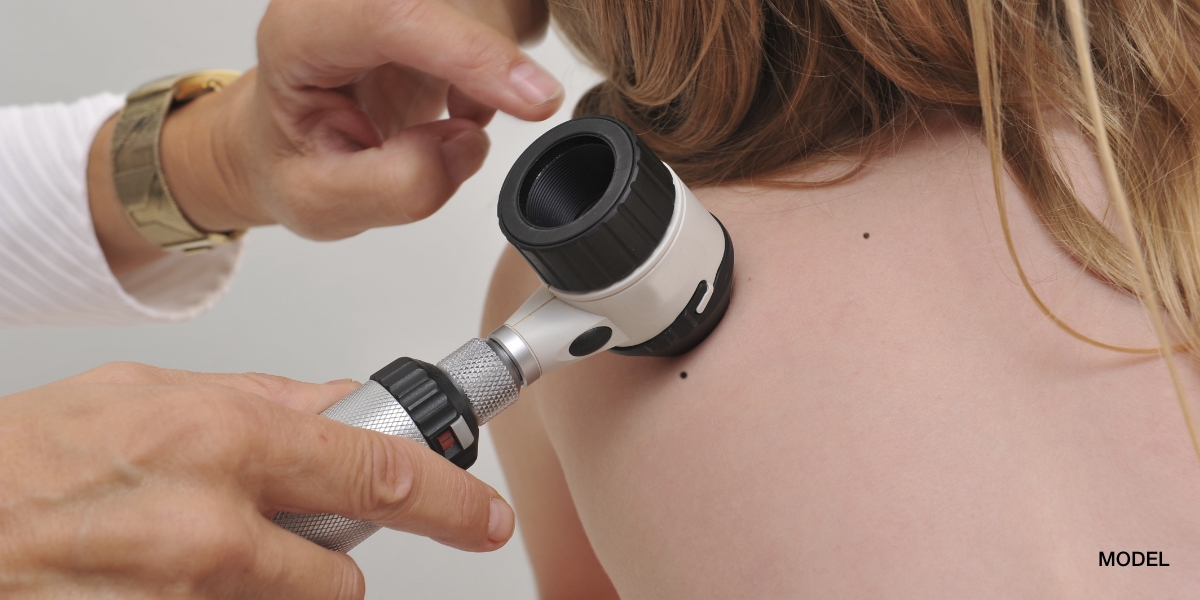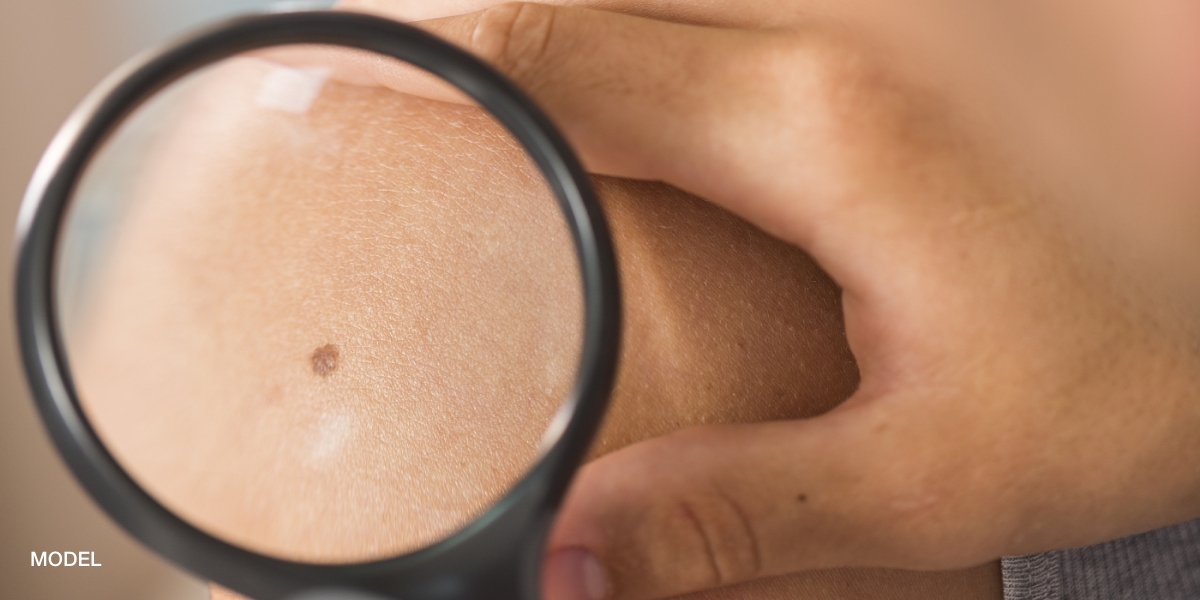Pityriasis Lichenoides et Varioliformis Acuta (PLEVA), also called Mucha Haberman disease, is a rash that I occasionally encounter in my The Woodlands and Conroe dermatology offices. PLEVA is most common in children and young adults and typically begins as brown/red macules and patches which can form vesicles (blisters) which rupture to form crusts and scabs and ultimately heal with scarring. The lesions usually occur on the trunk and extremities. In most patients, there are no systemic symptoms and the lesions resolve over 1 to 3 months. The cause of PLEVA is unknown. There is a very rare severe variant of PLEVA called Febrile Ulceronecrotic Mucha-Haberman Disease, which begins with the diffuse onset of necrotic and ulcerating skin lesions as well as high fever and systemic symptoms. The skin can develop extensive necrosis especially in the intertriginous regions and organ systems can be affected such as the central nervous system, gastrointestinal system, pulmonary system, and the cardiovascular system. This severe type of PLEVA usually occurs in children but when it develops in an adult it can be fatal. Treatment of PLEVA involves topical steroids to the lesions and tetracycline and erythromycin have been commonly used for their anti-inflammatory properties. UVB and PUVA light therapy have been successfully used for extensive cases. In Febrile Ulceronecrotic Mucha-Haberman Disease, systemic steroids and methotrexate have been used with success.
October 21, 2010

Medically reviewed by Anthony J. Perri, M.D.
You May Also Like



Request a Consultation (Sidebar)
Recent Posts
Categories
- Uncategorized (512)
Tags
acne (6)
acne treatment (3)
acne vulgaris (2)
basal cell carcinoma (2)
biopsy (3)
cold urticaria (1)
common skin conditions (11)
dermatologist (15)
dermatology (7)
dr. perri (8)
dry skin (1)
eczema (2)
filiform (1)
health (3)
Herpes (1)
herpessimplex (1)
hives (2)
indentification (1)
keratosis pilaris (1)
Lichen Planopilaris (1)
melanoma (2)
moles (3)
periungual (1)
perri dermatology (10)
prevention (2)
rashes (2)
rosacea (3)
rosacea therapy (2)
skin cancer (6)
skin cancer screening (5)
skin care (2)
skin checks (8)
skin condition (6)
skin conditions (8)
skin damage (2)
skin exam (8)
summertime (3)
sunburn (3)
sunburns (2)
Sunprotection (1)
sunscreen (2)
virus (1)
warts (2)
why perri dermatology (3)
woodlands dermatologist (6)
